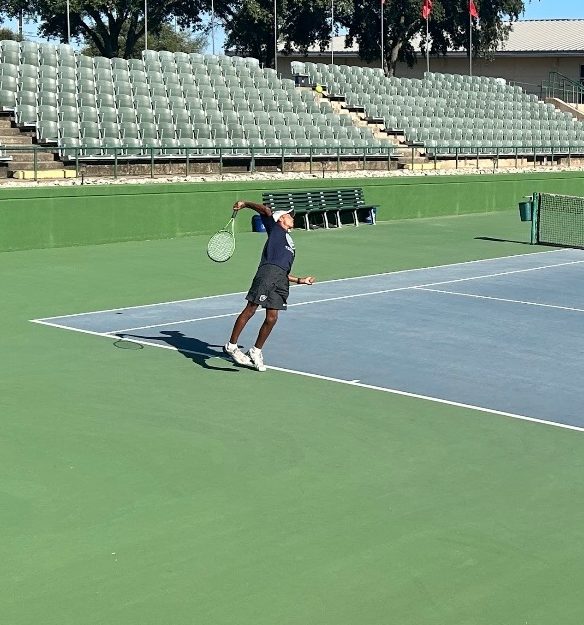Every four years, a group of countries bring together their best female soccer players to compete globally in one of the most viewed tournaments. The Women’s World Cup, therefore, becomes not only an expression of pride for each country, but also a platform to discuss the inequalities in sports. This year, the tournament has caught many people’s attention not only for its amazing matches, but also for its controversies and the activism that resulted from them.
This year, the 2023 Women’s World Cup was hosted by Australia. Since the first Women’s World Cup began in 1991, the tournament has always brought much-deserved attention to women’s soccer. Spain, this year’s World Cup champion, has historically had a high interest in soccer, but this year, it’s apparent that the interest has skyrocketed for young girls.The country’s clubs and teams for girls have also grown in size and professionalism. The good of the Women’s World Cup is the representation and encouragement it provides to women to play a sport dominated by men, but most of all is the spirit and love it brings to the sport and the people who truly care about it.
Compared to its male counterpart, the Women’s World Cup has never received an equal amount of resources or support, which restricts not only the tournament’s success, but women’s soccer altogether. This year, soccer teams had to not only compete against opponents in month-long tournaments, but also the inequality that comes with the tournament itself. Along with countries such as France, Spain, and Jamaica who were public about their criticisms and protests, the U.S. Women’s team has always been known and criticized for being outspoken with its famous captains, Alex Morgan and Lindsay Horan, and player Megan Rapinoe. Even if these protests by female soccer stars across the globe cause controversy or bring unwanted attention, it’s evident that the press generated will bring light to very real and warranted grievances. For instance, the prize money for the Women’s World Cup was only $110 million, whereas the men’s reward for the World Cup was around $440 million in 2022.
Even more shocking, this year’s infamous scandal following Spain’s win, Spain’s soccer federation president, Luis Rubiales, nonconsensually kissed star striker Jenni Hermoso of Barcelona and Atlético Madrid Feminino fame after Spain’s win. The kiss was said to be a form of celebration from the president and consensual, the complete opposite of what Hermoso herself said about the kiss. This ignited protests and a massive conversation on the male-led soccer federation. Eventually, Rubiales resigned on Sept. 10, almost a month after Spain’s win on August 20.
The incident tarnished Spain’s first Women’s World Cup win and took away from the attention deserved by the players. A huge moment for women’s soccer became one of the most controversial and sexist moments in the tournament’s history and, unfortunately, the most talked about part of this year’s World Cup. While the tournament gave massive exposure to women’s sport, drawing record breaking viewership in multiple nations, it also exposed the amount of improvement and respect FIFA needs to be giving women’s soccer. But most of all, it brought many countries and communities together to talk about women’s rights through the scandals and, of course, the fantastic games themselves.







